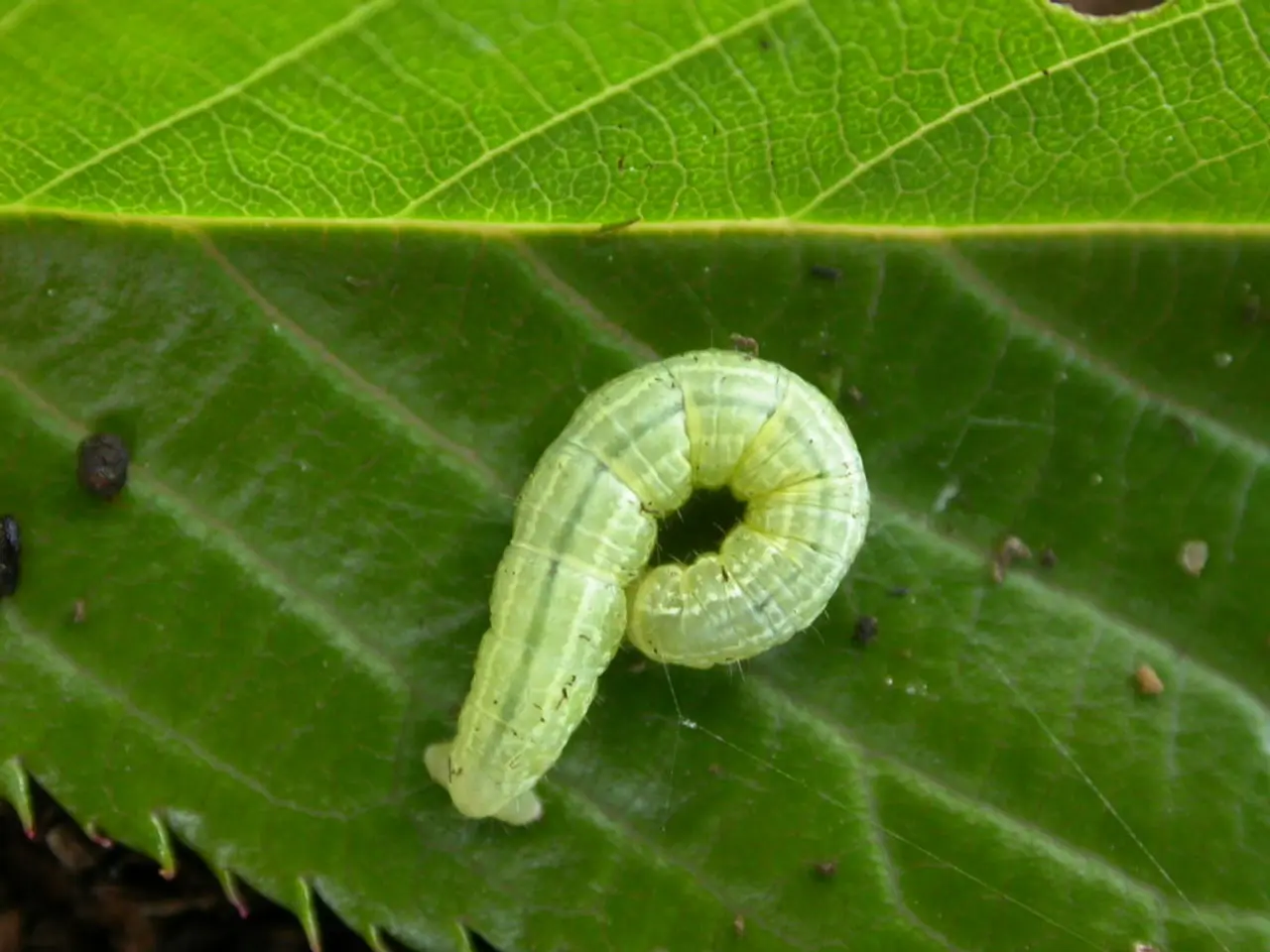Giardiasis: An Overview of This Intestinal Parasitic Infection
Giardiasis is an intestinal infection caused by the parasite Giardia duodenalis, also known as Giardia lamblia. This parasite can cause a range of symptoms and complications, particularly in children and people with weakened immune systems.
The infection can be transmitted from animals to humans, especially from contaminated feces or water. It can also spread through contact with contaminated surfaces, such as toilet handles, doorknobs, and utensils. To prevent giardiasis infection, practice good hygiene, avoid contaminated water, cook food thoroughly, and avoid close contact with infected individuals.
Giardiasis can be more severe and prolonged in children due to their developing immune systems. Common symptoms in children include diarrhea, abdominal pain, fatigue, weight loss, and stomach cramps. In some cases, it can lead to complications like malabsorption, dehydration, or reactive arthritis, which causes joint pain, stiffness, and swelling.
People with compromised immune systems are at a higher risk of developing severe giardiasis complications. Malabsorption and malnutrition are common complications of giardiasis, which can lead to weight loss, fatigue, and deficiencies in essential vitamins and minerals.
Fortunately, the prognosis for giardiasis is generally good. Treatment for giardiasis in children is similar to that in adults, with medications being the primary course of treatment. Treatment options include medications like metronidazole, tinidazole, and nitazoxanide, as well as natural remedies like probiotics, garlic, and berberine, and lifestyle changes like hydration, rest, and good hygiene.
To help children recover from giardiasis, parents can encourage hydration, offer nutritious food, and practice good hygiene. Dehydration and electrolyte imbalance can occur due to severe diarrhea, which can lead to serious complications like kidney damage, seizures, and even death. Therefore, it is crucial to ensure the child stays hydrated and maintains a balanced diet.
Giardiasis is more frequently found in countries with poor sanitation, particularly in regions near the equator such as East and West Africa, where infection rates are especially high. To protect yourself and your children from getting giardiasis, wash your hands regularly, avoid consuming contaminated water or food, and avoid close contact with people or animals who have giardiasis.
It's important to note that while the symptoms and complications of giardiasis can be severe, with proper treatment and care, most people make a full recovery. By understanding the causes, symptoms, and prevention methods of giardiasis, you can take steps to protect yourself and your loved ones from this parasitic infection.




